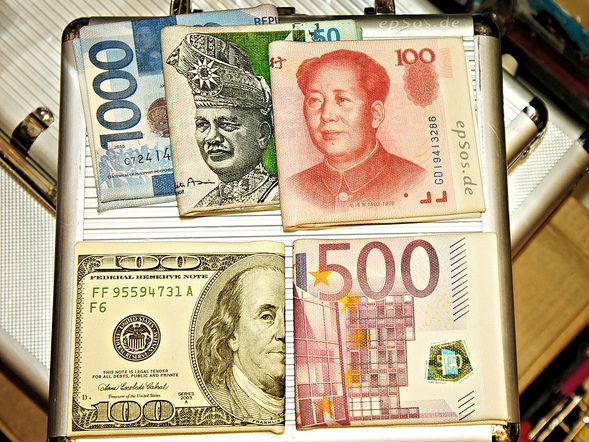
Abba told us that money must be funny in a rich man’s world. But money isn’t all that funny. Abba was wrong. The Swedish lied to us.
The definition of money is “anything accepted by a group of people for the exchange of goods, services or resources”. At times it may seem like the most important thing in the world, especially when you haven’t got a cent for a pint of NuBar beer. But not so long ago, money as we know it did not exist.
Goods and services were bartered for – if people wanted something, they exchanged it for something else. But swapping a sheep for a pig, for example, was not without its flaws. If people couldn’t agree on an equal price for goods, it often ended in tears and a bruised face or two.
To resolve this issue – most likely after one too many bloody noses or black eyes – the concept of commodity money was devised.
A commodity is a basic item used by everyone. In the past, this included cattle, salt, tea and tobacco – though it is doubtful that the latter came with a health warning and a disturbing picture of a diseased lung at this stage.
Before long, cracks began to show in this particular system too. Goods were perishable, and heavy – after all, you can’t carry a cow around in your pocket. Yet again, it was necessary to turn to another form of finance, bringing us closer to the system we have today.
Metal coins were first used around the year 5000 B.C. The Lydians were the first people in our part of the world to manufacture coins, around 700 B.C. Countries soon began to mint their own individual sets of coins with specific values. Metal was used because it was widely available and easy to mould.
In terms of paper money, one of the earliest known examples dates back to China around A.D. 960.
When paper money and coins were introduced, commodity money evolved into representative money, meaning that the actual makeup of the money no longer needed great value.
Representative money was backed by a promise from the government of a particular country, that they would exchange it for a relative amount of silver or gold – for example, the British pound or Sterling could be exchanged for one pound of sterling silver.
And now, we’ve done a complete turnaround in terms of what people consider worthy of money. It is now illegal to try to provide an alternative form of payment in place of monetary items. We now all operate with “fiat” money, a word which is Latin for “let it be done”. Money is now given value by a government fiat or decree of legal tender laws.
So the next time you find yourself counting out your five cents to pay for your shopping and a queue building behind you, just think – it could be worse. You could have pockets full of salt, cattle and an angry shopkeep to barter with.
Claire O’Connell
Image: flickr.com

Leave a Reply